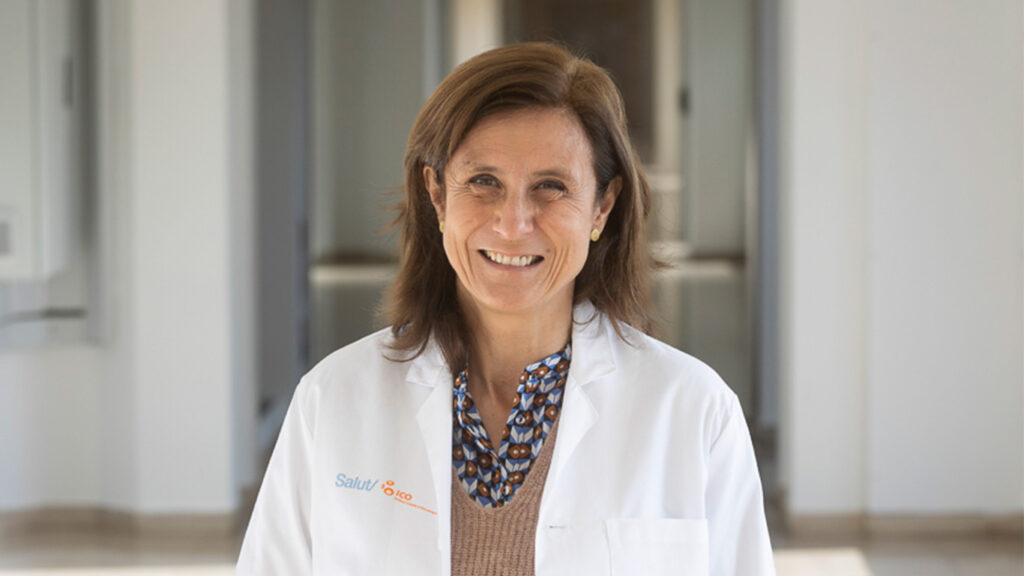Nasal NK-T lymphoma is a very aggressive type of lymphoma that usually affects the nasal and oropharyngeal areas. This lymphoma, which despite treatment still has a poor prognosis, is considered a rare disease in Europe due to its low incidence, but, on the other hand, it is much more frequent and prevalent in East Asia and Latin America where it represents between 5% and 15% of all lymphoma diagnosis.
For this reason, a group of scientists headed by the researcher at the Bellvitge Biomedical Research Institute (IDIBELL) and a hematologist at the Catalan Institute of Oncology (ICO), Eva González-Barca, with the collaboration of the Spanish Group of Lymphomas and Marrow Treatments Bone (GETALMO), carried out a comparative study of the immunophenotype, gene expression and mutations between Europe and East Asia, to identify new therapeutic targets.
The work, published in the American Journal of Hematology, recruited 89 patients (7 of them from the ICO L’Hospitalet and 1 from the ICO Tarragona) and is the most numerous done on the European continent.
It has been observed that the disease behaves similarly to that of Asia or Latin America, where it has a higher incidence. In addition, they identified new targets that could represent therapeutic alternatives.
“This study allows us to compare our results with existing data in Asia and reveal that it is the same disease. But in Asia it has a much higher prevalence for an unknown reason”, explains González- Barca. And she adds “It is important that we found several genetic alterations that could be used to design new drugs and improve survival in nasal NK-T lymphoma.”
This is a very aggressive type of lymphoma to which, in recent years, a new treatment called L-asparaginase has been added. This new drug has improved survival in Asian patients, but in the studies carried out in the West, there are still no data confirming the improvement in survival.

